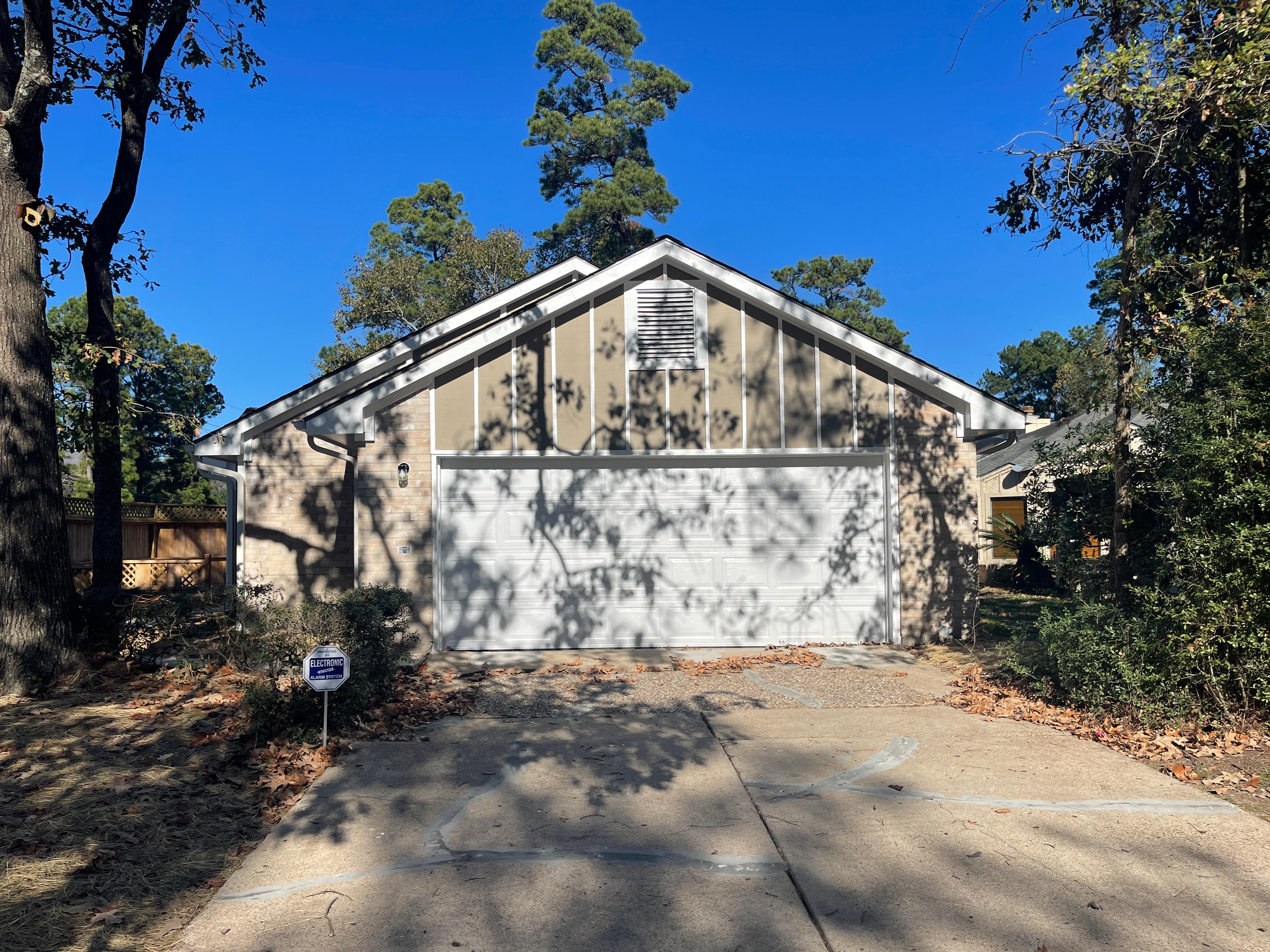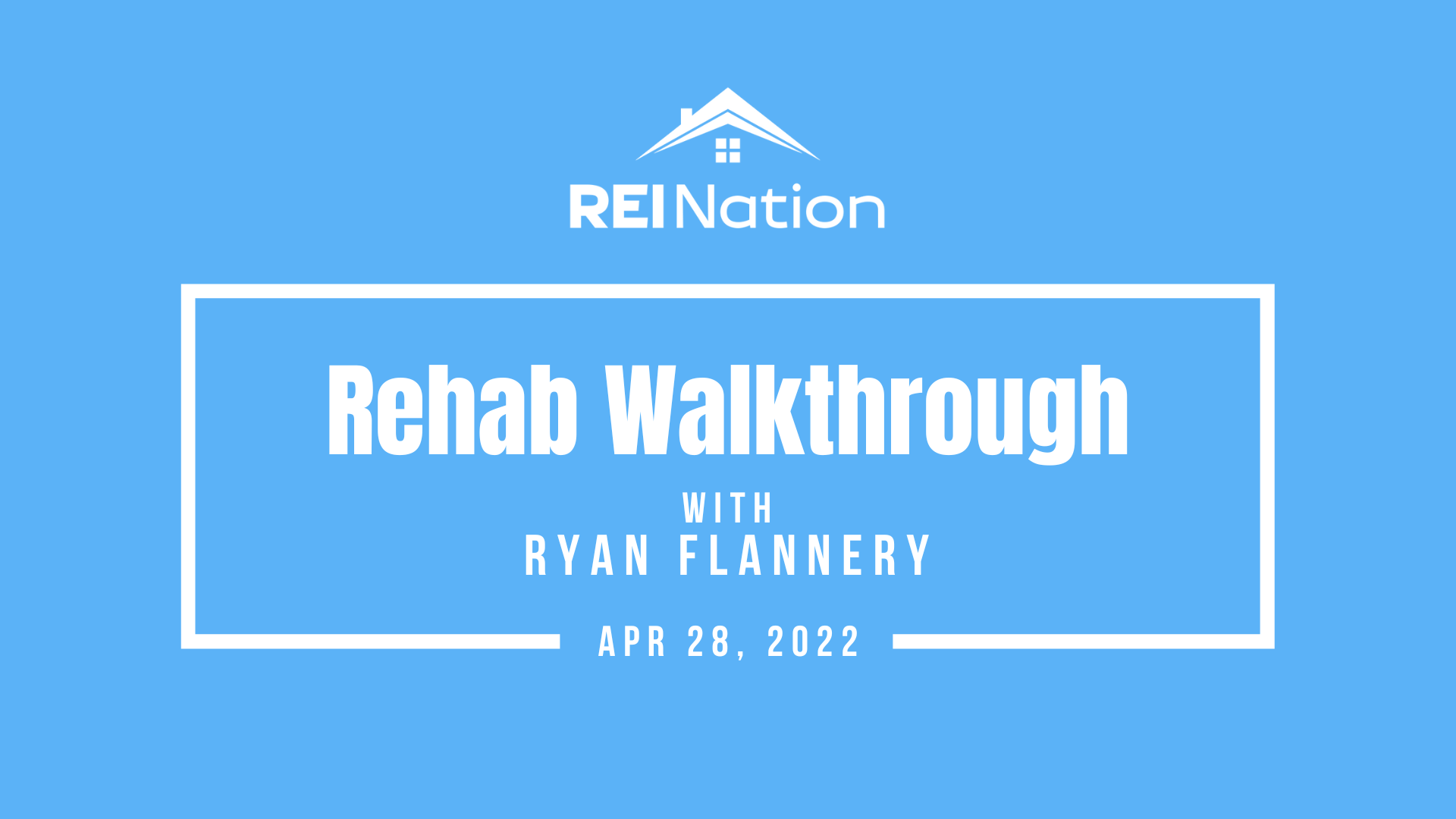 The main hope for rising mortgage interest rates was that, in response, real estate prices would cool. Rising interest rates have been a point of concern for investors and average homebuyers alike – with housing more expensive than ever, even a marginal rate increase could mean thousands more paid in mortgage interest.
The main hope for rising mortgage interest rates was that, in response, real estate prices would cool. Rising interest rates have been a point of concern for investors and average homebuyers alike – with housing more expensive than ever, even a marginal rate increase could mean thousands more paid in mortgage interest.
There’s good news hitting the typically hot Spring buying market, though – prices are finally shifting to reflect interest rate hikes. According to Redfin, the tried-and-true price wrangling strategy is finally paying off.
Though it may take some time for the whole of the U.S. real estate market to shift, that means a healthier, more stable real estate market moving forward.
3 Ways Falling Housing Prices Relieve Market Pressure
#1) Housing costs fall more in line with the cost of living and median household income
One of the primary concerns regarding the post-COVID real estate market has been how it has seemed to starkly defy the economic reality facing many Americans. Between record-breaking inflation rates, the Great Resignation, and rising personal debt, the real estate market seemed blissfully unaware of the economic challenges facing consumers.
This, of course, priced many Americans – particularly first-time homebuyers – out of the market. As housing prices begin to fall into more agreeable ranges, it bodes well for overall market health. More palatable prices mean residents are more likely to stick around rather than look for a more affordable market.
#2) People are paying closer to the real value of the property
One consequence of the 2020 and 2021 bidding war rage was that many owners were overpaying for their properties in a bid to beat the competition. It isn’t uncommon for buyers to lose out on properties multiple times, sometimes with rejection in the double-digits. On one hand, this is discouraging. On the other, those who succeed may find themselves underwater when the market corrects, and their property isn’t worth what they paid for it. When prices are closer to real valuations, it makes for more predictable, sensible rates of appreciation.
#3) A housing bubble is prevented
Another housing bubble has been a big fear plaguing the market. Most of us feel the pains of the Great Recession like it was yesterday. Part of the problem with property prices rising at the speed of a runaway train was that the market would overheat and lead to a bubble: and a crash. Thankfully, with rising mortgage rates calming prices, this is a lot less likely to happen.
Consequences for Real Estate Investors
#1) Property values WON’T plummet
If you own property – especially property purchased in the last few years – you don’t need to worry that your property values will plummet. After all, this is a cooling, not a bursting bubble. We’re more likely to see listing prices gradually decrease to compensate for rising mortgage rates. The only way it will impact your home equity is if you overpaid from the outset. Generally, speaking, though we’re not likely to see dropping prices. Much more likely is a slowing of list prices as buyers become pickier with their bids.
#2) Rental demand will remain steady
If the real estate market returns to a more normal, reasonable state, you may find yourself wondering if rental demand will take a dive. Never fear – we predict just as much if not more demand for rentals moving forward. After all, rentership isn’t a last resort – it’s often a conscious and desirable choice.
Plus, rising mortgage rates are unlikely to kick off a fresh surge of real estate demand. If anything, it will further price some buyers out of the market, just with mortgage interest rather than the list price. It may become more difficult to qualify for a mortgage, too, as meeting a lender’s debt-to-income ratio standard may grow more challenging.
It’s safe to say that SFRs and built-to-rent real estate will maintain their popularity moving forward. As an investor, the best thing you can do is safeguard your credit score and make the best calculations possible using accurate, specific numbers.
When it’s all said and done, the softening of the real estate market is a good thing. While it may have been exciting to see rapidly rising property prices as an owner, we were seeing an unsustainable long-term pace that could very well have led to disaster. A more stable, predictable market is good news for investors and average buyers alike.
Join thousands of successful REI Nation investors earning passive income & equity through expertly curated rental properties!












